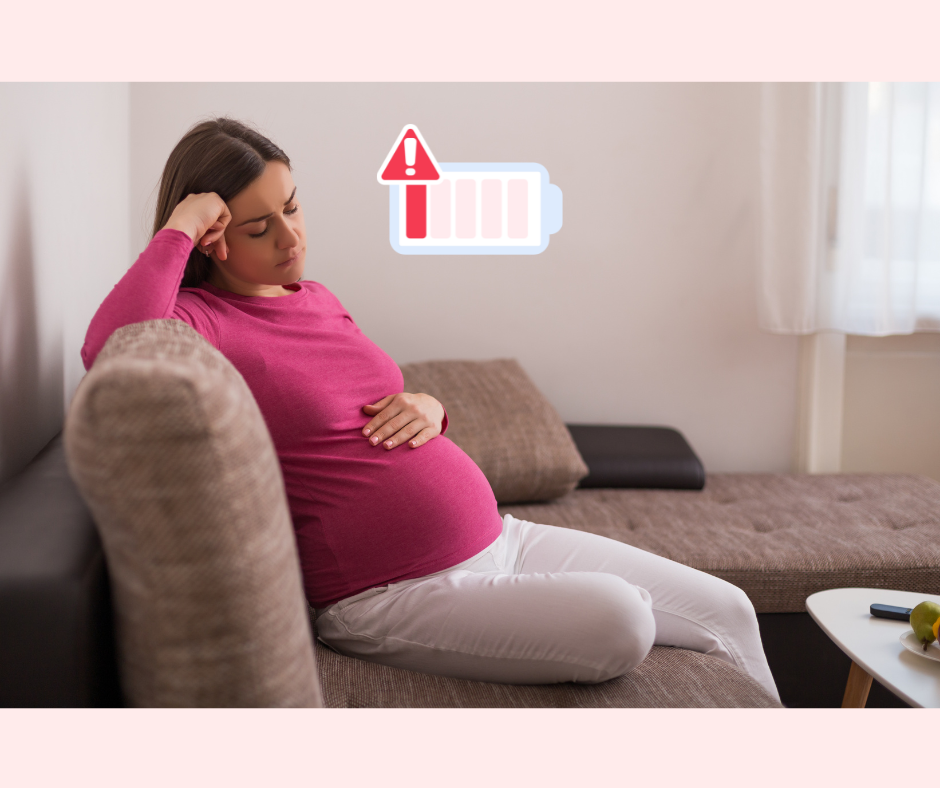blog
Exchausting During Second Pregnancies? The Role of Brain Nutrients
For many mothers, the joy of expecting a second child is often accompanied by an unexpected reality: the second pregnancy feels far more exhausting than the first. While lifestyle factors such as caring for the first child, work responsibilities, and household tasks all play a role, science shows that nutrient depletion is one of the hidden reasons behind this increased fatigue.
The Nutrient Gap Between Pregnancies
During the first pregnancy, a mother’s body gives an extraordinary amount of resources to support fetal growth—nutrients like iron, folate, Vitamin B, and particularly sialic acid, which is essential for brain and nervous system development. If pregnancies occur close together, the body may not have had sufficient time to fully replenish these stores.
This leads to a “nutritional debt,” where mothers enter their second pregnancy with lower reserves of key nutrients needed for both themselves and their growing baby.
Why Brain Nutrients Matter
Nutrients like sialic acid and Vitamin B are not just about fetal health—they are also critical for the mother’s mental clarity, sleep quality, and energy regulation.
- Sialic Acid: Supports brain cell communication, memory, and mood regulation. A deficiency can contribute to mental fog and emotional fatigue.
- Vitamin B Complex: Vital for energy metabolism, nerve function, and reducing stress. Low levels are strongly linked to exhaustion and irritability.
When these nutrients run low, mothers may find themselves struggling with fatigue, insomnia, mood swings, and difficulty focusing—common complaints during second pregnancies.
Supporting Mothers Through Nutrition
The good news is that proper nutritional support can make a difference. A balanced diet, adequate rest, and targeted supplementation—such as with SialicMax, which combines sialic acid with B vitamins and prebiotics—can help replenish depleted stores and restore balance. For second-time mothers, paying attention to brain nutrition is not a luxury, but a necessity. By rebuilding nutrient levels, moms can better manage energy, support mental resilience, and create a healthier environment for both themselves and their new baby.


